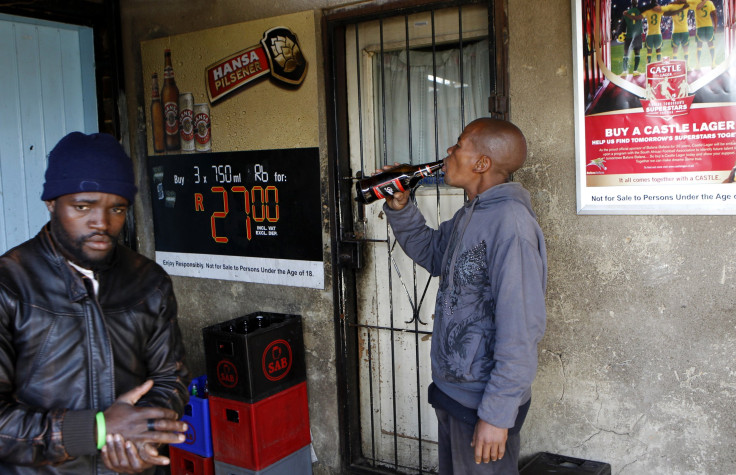More Than 1 Million Australian Children Affected By Alcohol Abuse, Study Reveals

Finally, the link between alcohol and the number of Australian children affected by domestic violence that happens because of alcohol has been revealed. A recent study says that more than 140,000 children are victims of alcohol abuse, while on the other hand, more than 10,000 children stay in protection to avoid any chances of violence by their alcoholic caretakers.
Amidst the initiative to curb domestic violence against women in the country, the study titled, The hidden harm: Alcohol’s impact on children and families, examined the severity of the problem in the country and the affected population and families. The study also explored the effect of alcohol with respect to time, whether the effect stays the same or changes over a period of time. The data for the study was collected from the public interviews of individuals and families affected by alcohol and the child protection systems.
The study was conducted by the government-funded organisation, Centre for Alcohol Policy Research (CAPR). It was launched in Sydney in 2015 by social activist Rosie Batty. Reportedly, Batty's son was killed by his own father in 2014, before she started playing an active role in campaigns against domestic violence and protection of women and children affected by violence.
The study was funded by The Foundation for Alcohol Research and Education (FARE).
“We need targeted screening of young people at greater risk of harm, and measures that reduce the availability, target the price, and regulate the promotion of alcohol,” said the FARE CEO, Michael Thorn, while urging the government to develop new policies to manage the cases of domestic violence because of alcohol.
To report a problem or to leave a feedback on the article, send an e-mail to emailtoguneet@gmail.com.





















